Writing comes fairly easy for me, at least most days. Editing, however, is the hard part. Every little word is precious, almost like a child, and when you have to delete who rows of them, it’s like losing… okay, it’s nowhere near as bad as losing a child, but it’s still difficult. Especially when you’ve created an especially clever turn of phrase or subplot that, no matter how clever or original it may seem, just doesn’t work for the book.
I’m currently editing Threads, the second book in the Small Things trilogy, and find myself coming up against exactly this situation. Without giving too much away, there’s a character named Ben who has the ability to… shall we say, nudge luck his way. And there’s a very minor subplot where something happens to make him temporarily lose that ability, resulting in much comic mischief. The problem is, Threads isn’t supposed to be a comedy. Not at all. In fact, I only realized later that the consequences of his situation were indeed funny. So I have to decide whether to a) lose the subplot, or b) make the consequences of his situation much more dire. I am leaning toward losing the subplot, but that means deleting (rather then simply changing) precious words. Doing surgery, if you will, and stitching up the wound so that no one will ever notice.
And that’s just a minor example of the editing process. Sometimes more major surgery is involved, like realizing that an especially intriguing character you created just doesn’t fit anywhere in the book. Try as you might, you can’t find a way to keep her without compromising the integrity of the story as a whole. If a character is superfluous to the story, it isn’t fair to your story, your readers, or even the character. Besides, there will be other books where the character might fit in better. After all, there’s no rule that says your character has to stay deleted.
Deleting subplots and even characters, however, doesn’t even compete with the drudgery of searching for typos. While Word may not recognize that you typed “shows” when you meant to type “shoes,” your readers surely will – and they’ll tell you about it. It’s much easier to fix typos before your book hits the stands than after, but that requires painstakingly reading for such errors. I read Small Things probably at least a dozen times before publication but there were still a couple of typos that managed to sneak into the final copy. (And no, I’m not telling you what or where they are!) It’s often more difficult to find your own typos that it might be for someone else, because you know what it’s supposed to say. I’ve found beta readers invaluable in this sense, just as important a part of the editing process as myself. Perhaps even more so.
So what do you do when, despite having given yourself a deadline in which to get the editing done, you just don’t feel like doing said editing? You write a blog entry about editing, of course! Besides, there’s always tomorrow.


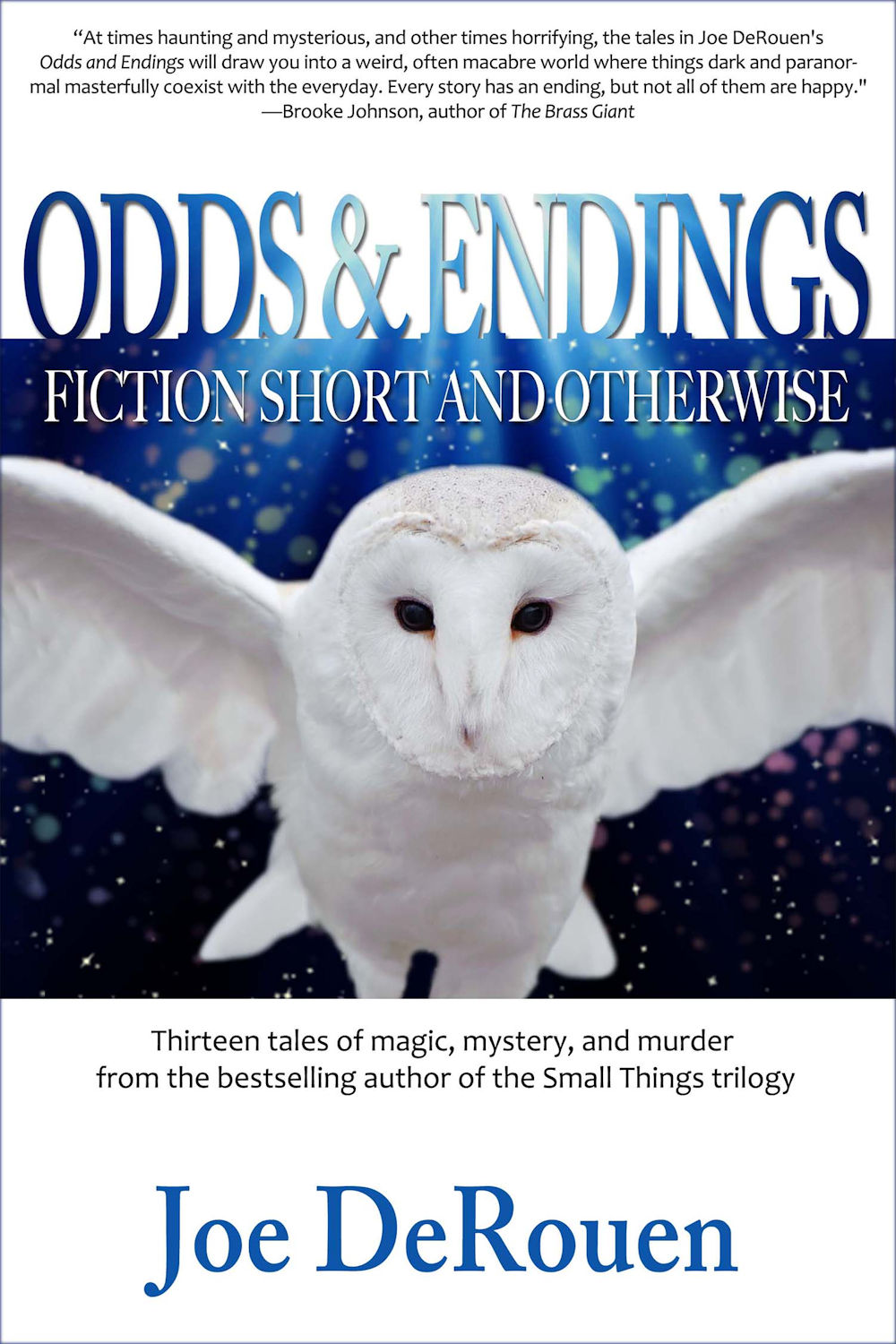
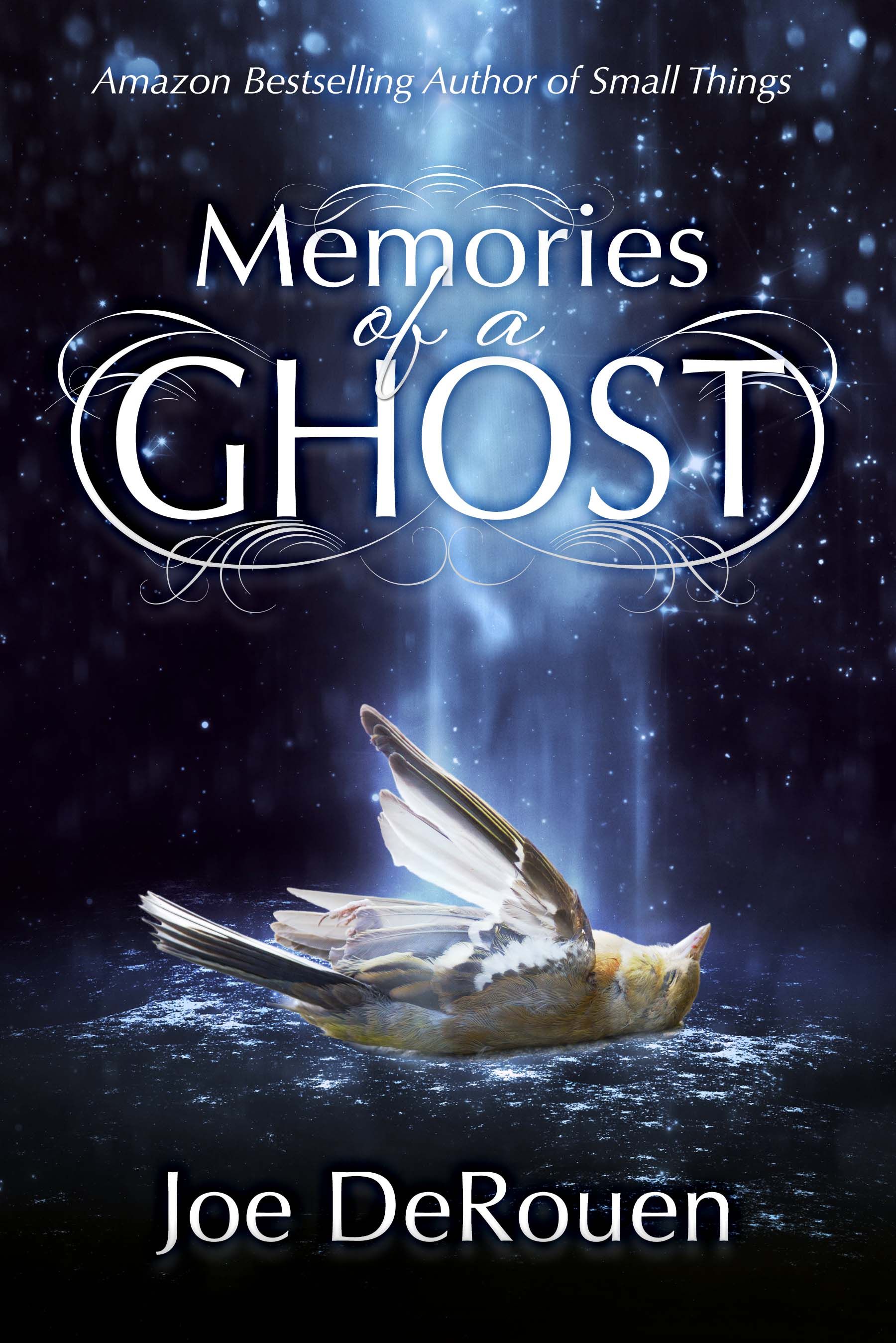
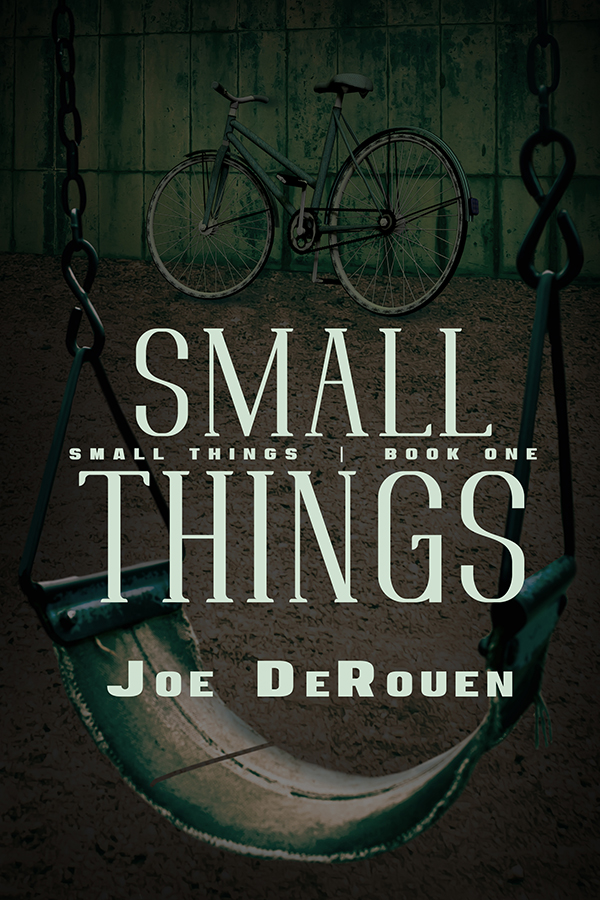
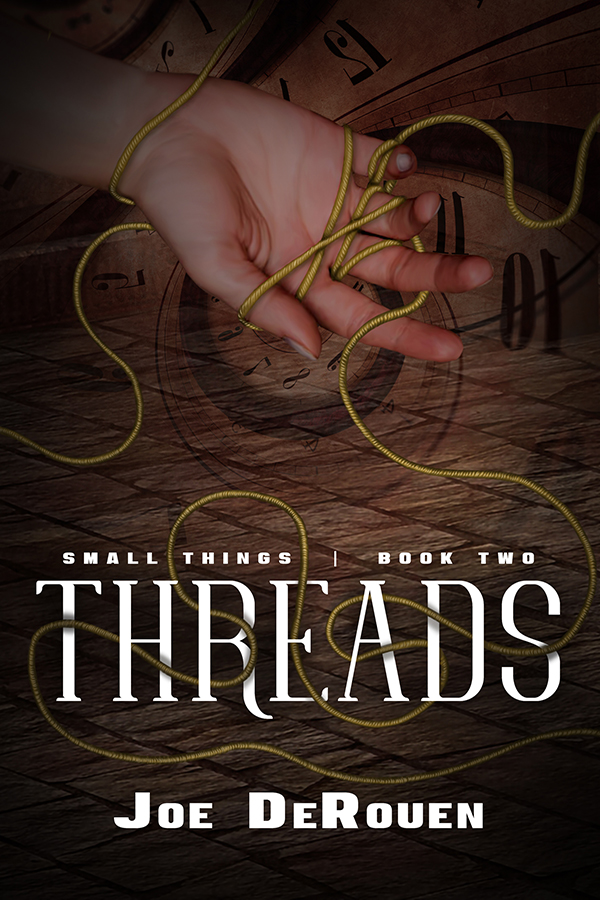
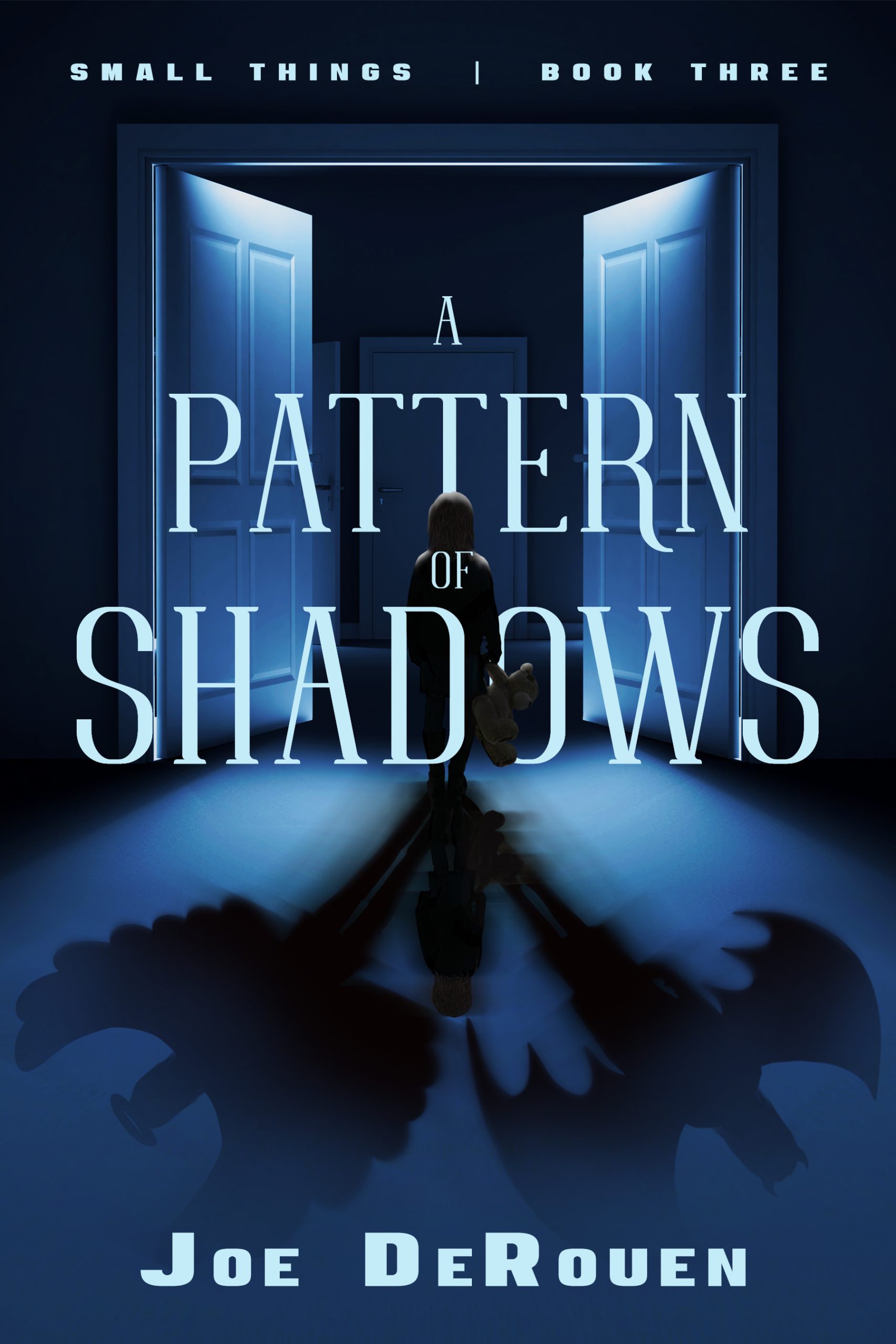
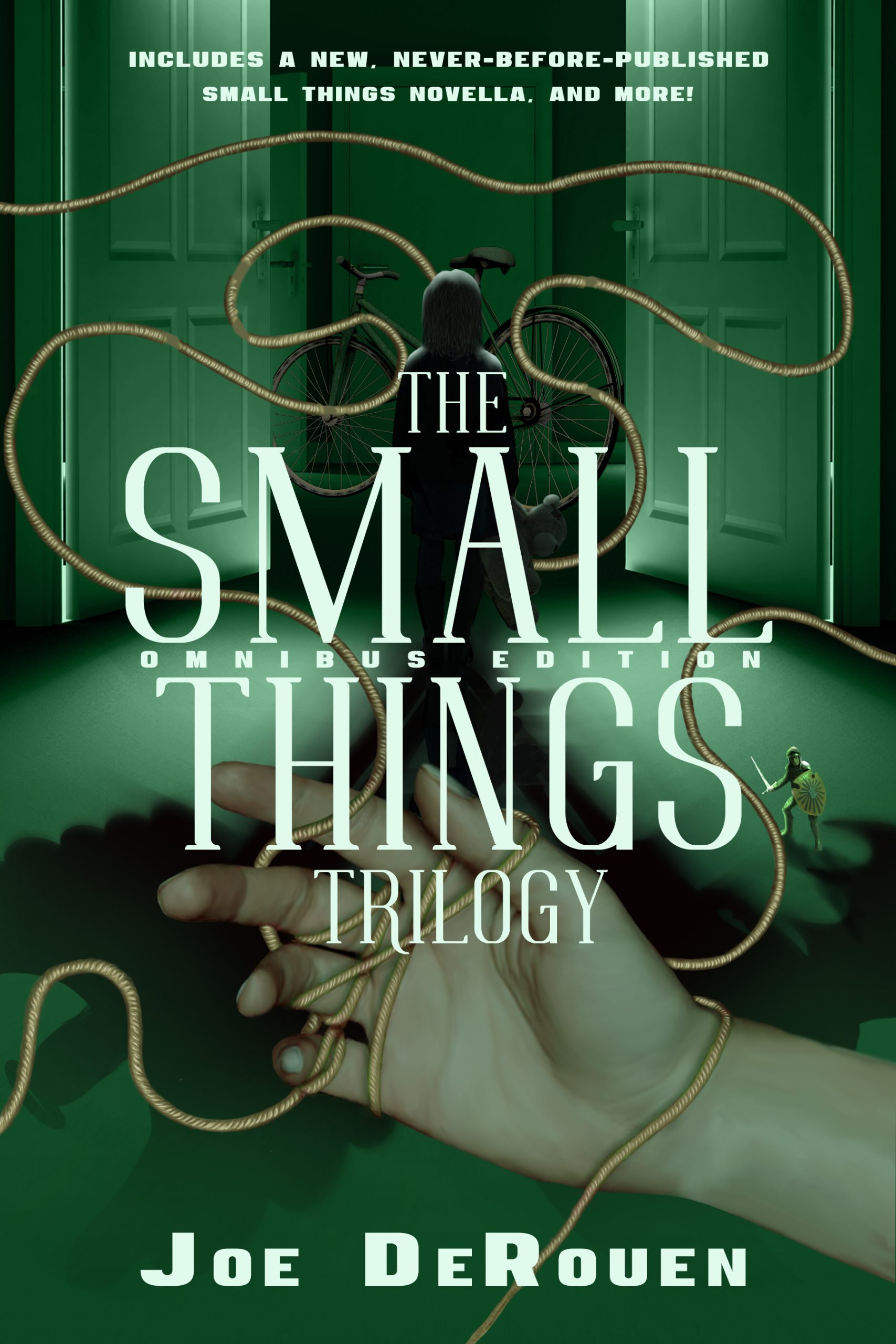
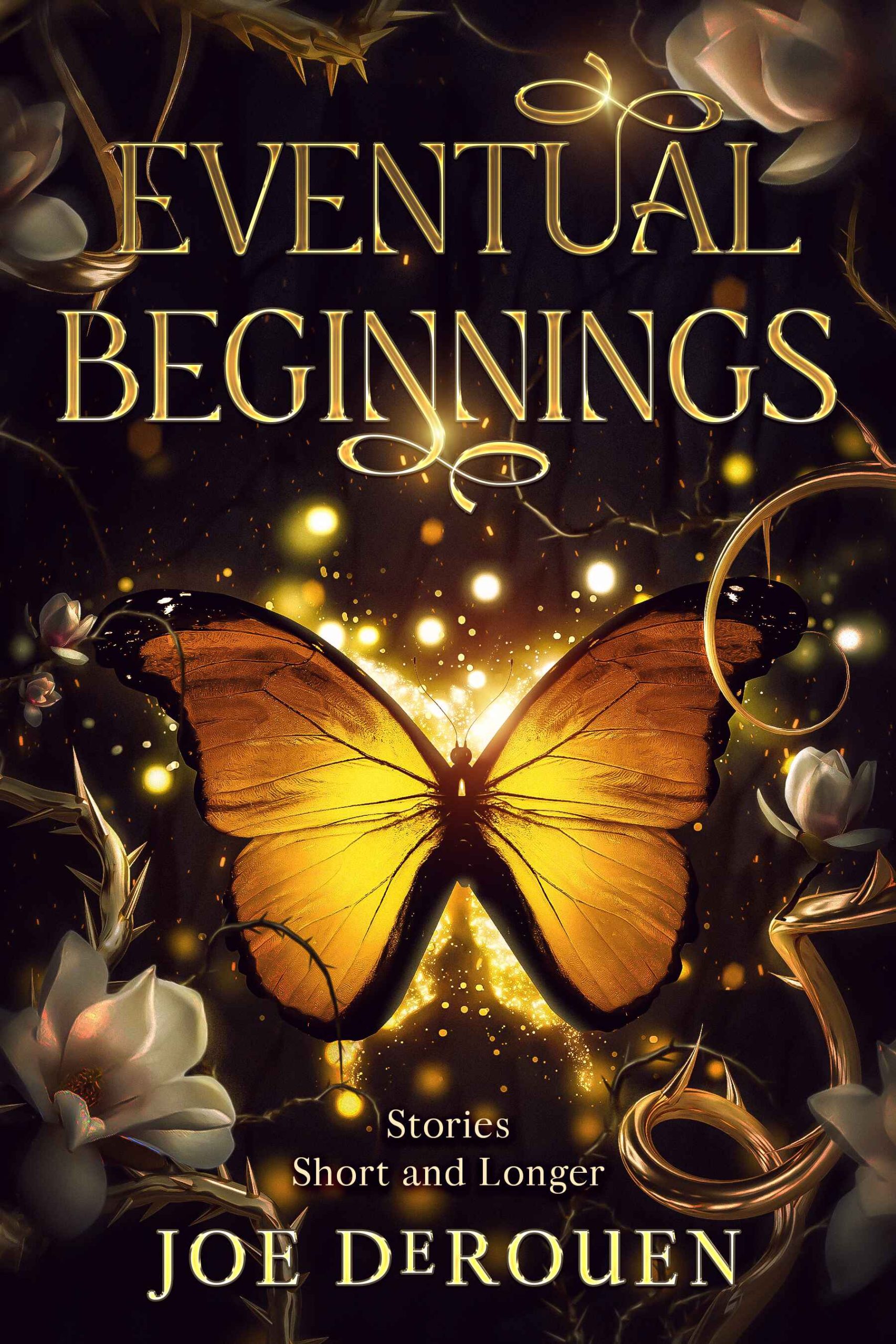
One response
“There’s always tomorrow” seems to be how I approach my writing and not just my editing.